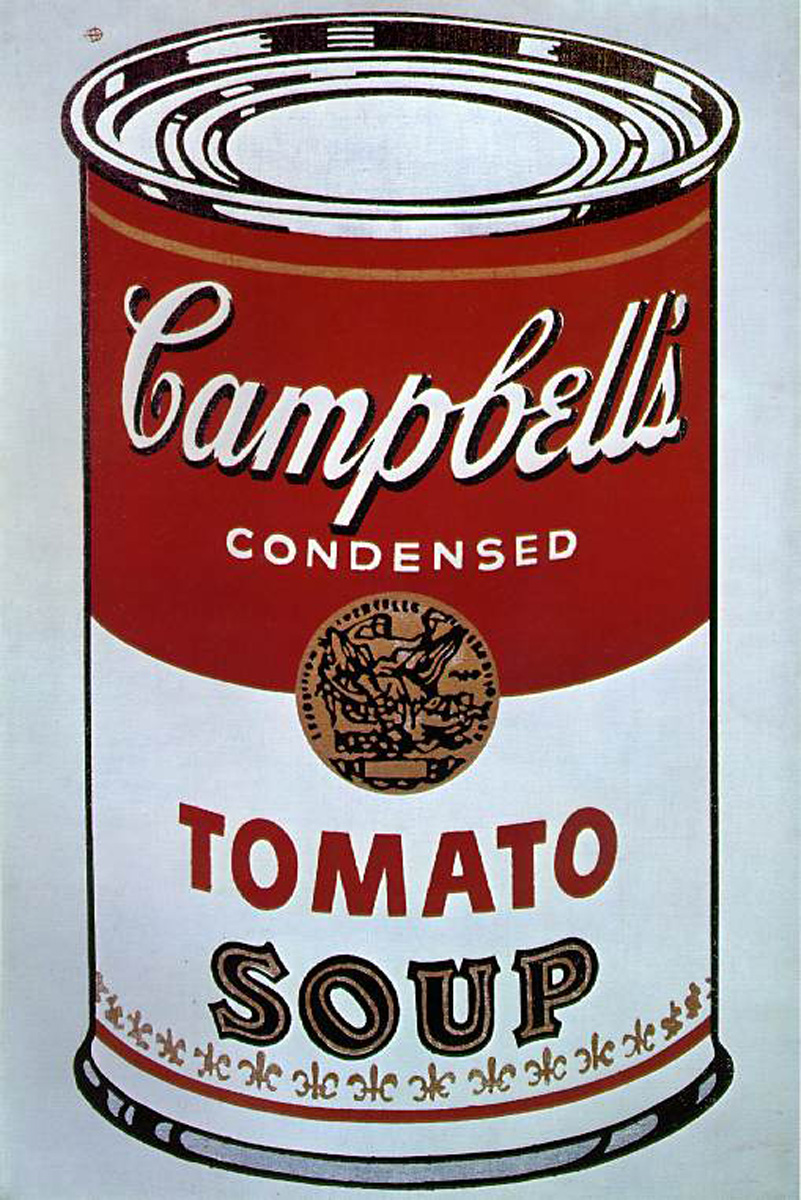Harry Selfridge, a Wisconsinite, moved to the United Kingdom after amassing a fortune in retail. He then founded the chain of stores that bears his name, currently in its second century of clothing and accessorizing stylish Brits. However, he’s best known for uttering the most misunderstood phrase in the history of commerce:
“The customer is always right.”
There are two common ways to react to Selfridge’s aphorism: ignoring it (like most customer service people do), or obeying it mindlessly (which is often worse).
Here’s the problem: Selfridge didn’t mean to be taken literally.
If you put Ferran Adria, Wolfgang Puck, Joël Robuchon, and Nobuyuki Matsuhisa in the same kitchen, they’re probably not going to spoil the broth. An assailant armed with a sword is going to be a tougher matchup than someone wielding a Bic extra fine. Which brings us to those frequent instances when the client is dead wrong.
McFarlane Media’s clients don’t buy ads from us, so much as they buy our expertise. If they want ads, they can go to the freshman class at the Art Institute. Or write them themselves.
But that’s just it: they’re buying our expertise, because they don’t have any – at least not in our area of specialization. If the customer is always right, then the customer can demand that our work be twisted, recalibrated, augmented, diminished, reconditioned or otherwise weakened.
When you buy an airline ticket, you’re paying a sliver of the captain’s salary and by some measure become his temporary “boss”. But that doesn’t give you the right to offer tips on cruising altitudes and angles of approach.
If you’re a client, and think the killer headline crafted for you would work better with an exclamation point in place of a period, you are wrong. As wrong as you’d be if you suggested to your anesthesiologist that maybe she’d like to administer the methohexital during your surgery instead of the lorazepam. Exclamation points have only two legitimate purposes:
-irony, which few clients understand;
-factorials, which no clients understand.
One particularly illustrative example of a client neutering a message is in one of the most elegant campaigns to appear on TV in the last few years. Campbell’s has been brewing soup for 7 generations, positioning itself to the point where it’s synonymous with an unexciting if ubiquitous product. In the mid-90s, agency BBDO New York positioned Campbell’s with a fantastic line that works on every level:
Never underestimate the power of soup.
Rarely have six words resonated so strongly in the framework of an ad campaign.
Nellie McClung rallied woman’s suffrage with the line’s antecedent, “Never underestimate the power of a woman.” Rudy Tomjanovich provided one of the all-time NBA soundbites after his Houston Rockets squeaked into the 1995 playoffs and somehow successfully defended their title: “Never underestimate the heart of a champion.” Campbell’s took most of an inspiring, heartfelt line, and closed it with a curveball of a flourish. The idea of soup as powerful, or something not to be belittled, was so incongruous as to be unforgettable.
The campaign ran for a few years, until a Campbell’s middle manager got a hold of it and rechristened it with:
Never underestimate the power of Campbell’s.
Clank.
Why would you underestimate “the power of Campbell’s”? Why would you even gauge the power of Campbell’s? Why would you even think about the power of Campbell’s?
This is one of the darkened paths down which corporate overthought can lead. The objecting middle manager’s plaint is clear: “Uh, yeah. That’s not going to work. That line focuses on the market, rather than the company. We want people to think ‘Campbell’s’, rather than ‘soup’.”
As if they didn’t anyway. As if Campbell’s hadn’t already been synonymous with soup since the childhood of everyone alive except Robert Byrd and Jamie Moyer. Soup is lukewarm, often literally. It’s smooth, it simply sits there – heck, it’s not even solid. Its name even sounds faintly funny. Positioning soup as powerful is brilliant and somewhat hilarious.
But “never underestimate the power of Campbell’s” says nothing. If anything, it casts doubts on Campbell’s as a legitimate business entity. “Never underestimate the power of Microsoft”? You wouldn’t, it’s the market leader. Nor would you underestimate the power of Wal-Mart or ExxonMobil. But for Campbell’s, a company as dominant in soup as ExxonMobil is in petroleum, to remind you not to underestimate it almost defines weakness and neediness. Not a characteristic you’d want in your soup. Or your Campbell’s.
That’s just one example. Trust the agency. Trust the copywriter. Trust your own area of expertise, and let the agency do what it does. Or find another agency.




